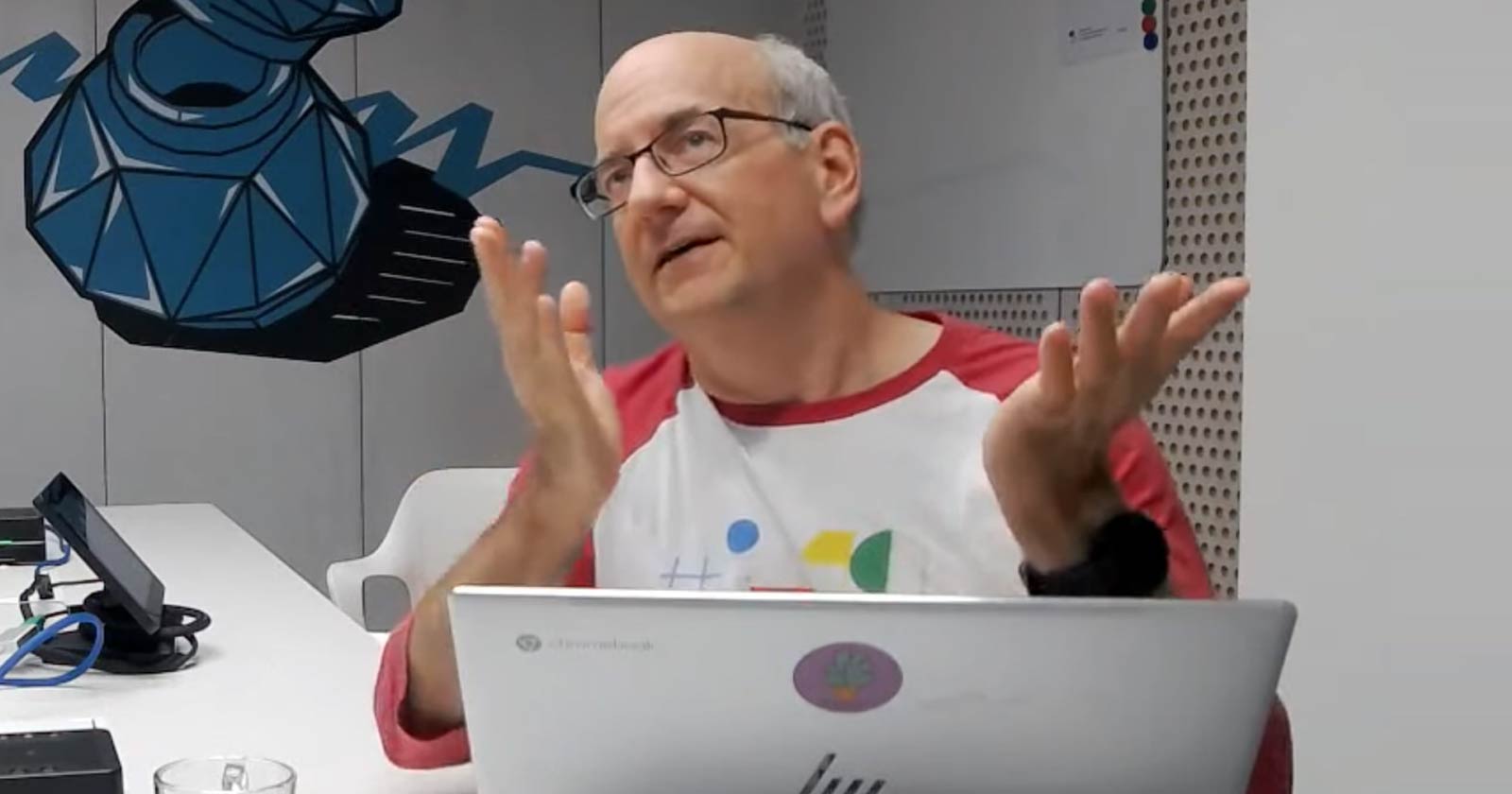How Starting a Hobby with Computers Can Lead to a Career
In an era where technology reigns supreme, the path to a fulfilling career has evolved dramatically. For those with an inherent fascination for computers, embarking on a journey with a hobby in this field can pave the way to...

In an era where technology reigns supreme, the path to a fulfilling career has evolved dramatically. For those with an inherent fascination for computers, embarking on a journey with a hobby in this field can pave the way to unexpected professional horizons. In this article, we will delve into the empowering realm of computer-based hobbies and their potential to evolve into prosperous careers, all while addressing the pivotal role of financing for gaming PCs during this transformative journey.
The Foundation: Building Expertise Through Hobbies
Engaging in hobbies related to computers is not merely a pastime; it is an investment in knowledge and skill accumulation. Starting with a curiosity-driven exploration of programming, web development, graphic design, or even video editing can ignite a passion that grows into an expertise. Delving into these activities with genuine enthusiasm fosters a mindset of continuous learning, a trait that is highly valued in today’s dynamic job market.
Nurturing Creativity and Innovation
One of the most intriguing aspects of the digital world is its boundless canvas for creativity. A computer hobbyist can morph into a digital artist, exploring graphic design and animation, or a web developer crafting immersive online experiences. The versatility of computer-based hobbies encourages innovative thinking, which is indispensable in fields like user experience design, application development, and digital marketing.
Transitioning Careers: The Power of Transferable Skills
Individuals contemplating a career switch often worry about their existing skill set. Herein lies the beauty of computer-based hobbies. The skills acquired—be it problem-solving, critical thinking, attention to detail, or effective communication—are inherently transferable. These skills lay a robust foundation that can be applied to roles beyond traditional IT positions. From project management to data analysis, the skills honed through computer-related hobbies become invaluable assets.
From Enthusiast to Professional: Navigating the Path
The transition from a computer hobbyist to a professional in the field is a transformative journey guided by a strategic approach. Here are some steps to consider:
1. Formal Education
While not mandatory, investing in formal education can provide a structured foundation for your career transition. Online courses, certifications, and degree programs tailored to your chosen niche within the computer field can offer in-depth knowledge, practical skills, and recognized credentials. Such education not only enhances your expertise but also demonstrates your commitment to potential employers.
2. Networking
Networking is an indispensable asset when making a career transition. Engage with professionals in the industry by joining online communities, forums, and social media groups dedicated to your area of interest. Participate in discussions, share insights, and learn from the experiences of others. Networking not only exposes you to job opportunities but also offers valuable guidance and mentorship.
3. Freelancing and Projects
Practical experience is a cornerstone of career progression. Start by offering your skills on a freelance basis or working on personal projects. Building a portfolio of completed projects showcases your abilities to potential employers and clients. This real-world experience not only hones your skills but also demonstrates your commitment to excellence.
4. Internships and Entry-Level Positions
Gaining entry into the professional world often begins with internships or entry-level positions. These roles provide invaluable hands-on experience, exposure to industry practices, and a chance to work alongside seasoned professionals. Internships also offer networking opportunities and a chance to prove your capabilities, potentially leading to full-time employment.
5. Continuous Learning
The dynamic nature of the tech industry demands a commitment to lifelong learning. Stay updated with the latest advancements, tools, and methodologies relevant to your chosen field. Participate in workshops, webinars, and conferences to expand your knowledge and remain competitive. Demonstrating a hunger for ongoing learning reinforces your dedication to growth and adaptability.
In summary, transitioning from a computer hobbyist to a career professional is a multifaceted endeavor that demands a combination of education, experience, networking, and personal growth. By embracing formal education, actively networking with professionals, gaining hands-on experience through freelancing and internships, and continually refining your skills, you can confidently navigate this transformative journey.
Unlocking Opportunities: From Passion to Profession with Strategic Investment
In the realm of transforming a computer hobby into a thriving career, strategic investment plays a pivotal role in propelling your journey forward. Just as a craftsman needs the finest tools to shape their masterpiece, a computer enthusiast requires the right resources to craft a successful career transition. This section explores how strategic investment can elevate your transformation from a hobbyist to a professional in the dynamic world of computers.
1. Investing in Skill Enhancement: Training and Workshops
Channeling your passion for computers into a career begins with honing your skills. Consider investing in specialized training, workshops, and online courses tailored to your chosen field. These structured learning experiences provide expert guidance, hands-on practice, and exposure to industry best practices. By investing in your skill enhancement, you’re not just acquiring knowledge – you’re building a foundation that sets you apart in a competitive job market.
2. Leveraging Technology: Tools of the Trade
Equipping yourself with the right technology is a strategic investment that accelerates your career journey. High-performance computers, specialized software, and relevant gadgets empower you to tackle complex challenges with confidence. While budget considerations are important, remember that these tools are not just expenses; they are investments in your productivity and capability to deliver exceptional results.
3. Crafting a Personal Brand: Online Presence and Reputation
In the digital age, your online presence is a vital asset. Consider investing time in crafting a strong personal brand across social media platforms, professional networks, and personal websites. Share your knowledge through insightful articles, engage in meaningful conversations, and showcase your expertise. A well-curated online presence positions you as a credible authority, attracting opportunities and collaborations that align with your career goals.
4. Navigating the Financial Landscape: Scholarships and Grants
Financial investment doesn’t necessarily mean significant expenses. Explore opportunities for scholarships, grants, and sponsorships in your chosen field. Many organizations and institutions offer funding to support aspiring professionals. By diligently researching and applying for such opportunities, you can alleviate financial constraints and focus on investing in your growth.
Embracing Possibilities: A New Career Horizon
The journey from pursuing computer-based hobbies to forging a new career is an exciting odyssey of self-discovery, growth, and transformation. As technology continues to shape the professional landscape, the allure of a career that aligns with one’s passion is more enticing than ever. By approaching this transition with dedication, continuous learning, and strategic financing, individuals can harness the potential of computer-based hobbies to embark on a career journey that is as rewarding as it is promising.
In conclusion, the fusion of hobbies with professional aspirations has become a reality in the digital age. For those with an affinity for computers, the path to a fulfilling career is illuminated by the skills nurtured through hobbies. From the realm of programming to the artistry of graphic design, the possibilities are expansive and captivating. With the right mindset, strategic planning, and the support of financing options for gaming PCs, the journey from computer hobbyist to career professional is within reach, offering a realm of opportunities and growth that is both inspiring and transformative.

 AbJimroe
AbJimroe 
































